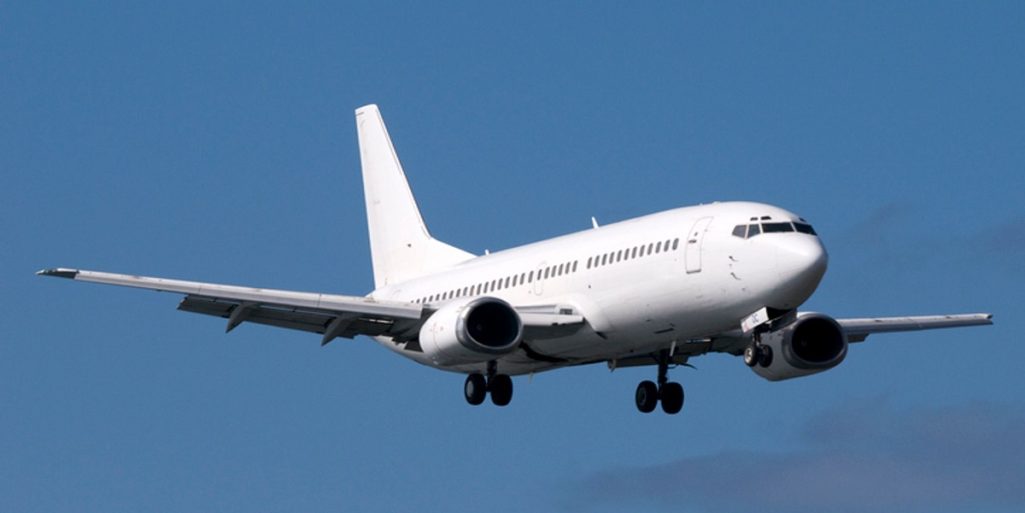The Dynamics Of Reviving The Tourism Industry In Kenya


As a leading safari destination, Kenya relies heavily on the hotel, tour, and travel industry. Moreover, for years, this sector has been a vibrant, vital part of its economy. Kenya’s tourism sector ranks third in sub-Sahara Africa. For instance, in 2019, the industry contributed 1.1 million jobs overall. However, the onset of COVID-19 brought the tourism industry in Kenya to its knees.
The Early Warning Signs of trouble in the Tourism Industry
The tourism industry in Kenya started to experience signs of a looming crisis early in February 2020. Firstly, travelers began to delay and cancel their travel arrangements. Thereafter, meetings and conferences were postponed. With the progression of COVID-19 to more countries, it was obvious Kenya’s tourism industry was in huge trouble.
The final nail on the coffin for the tourism industry in Kenya was an announcement on 25th March. The government suspended the operation of international passenger flights. This resulted in a revenue drop of 98% and losses amounting to about Kenya shillings 80 billion in the industry. Now that the COVID-19 pandemic is gradually easing, the main challenge is getting Kenya’s industry back on track. Many tourists are still afraid—and it is understandable.
The Impact on Hotels and Lodges
The cancellation of flights compounded with travel restrictions by various governments led to mass cancellations of bookings. This devastated the hotel and the tourism industry in Kenya. Some of the larger hotel chains shut down most of their outlets. According to a Nation newspaper, the Kenya Association of Hotelkeepers and Caterers (KAHC) CEO Mike Macharia said that some hoteliers turned to financial institutions for assistance.
“We need to find a way back, somehow, as lack of market has forced luxury hotels to survive on loans. This will not be sustainable in the long run.”
Most hotels stopped operations while waiting for feedback from the state regarding the resumption of flights. Consequently, casual workers were sent home and others had to endure pay cut. The high-end hotels were hit the hardest. In June, the historical Norfolk hotel was closed down by the Fairmont group.

The Impact on Tour Operators
A large percentage of arrivals were coming from countries that were hit the hardest by COVID-19. These included Italy, the United States, and the United Kingdom. Therefore, the tourism industry in Kenya was shaken to the core. Tour operators found themselves in a position where they had to refund deposits, while still funding their overheads. They too, had little option but to downsize and send their staff.
There is Light at the end of the tunnel for the Tourism Industry in Kenya
On 1st July, the Tourism Cabinet Secretary of Kenya Mr. Najib Balala unveiled the Tourism and Travel Health and Safety Protocols in Kenya. This was to provide guidance for the reopening of the tourism sector. The protocols govern the operations of hotels, restaurants, travel agencies, game park administration, and others. He also announced that Kenya was fully certified and hence authorized to use the World Travel and Tourism Council ‘Safe Travel Stamp’. In a report by ‘The Star’ newspaper, Mr. Balala said,
“I am happy to announce that Kenya has been listed among the 80 global destinations certified and authorized to use the “World Travel and Tourism Council Safe Travel Stamp” together with our Magical Kenya Logo. The stamp will allow travelers to recognize Kenya as a safe destination once it reopens.’’
Mindful that the coronavirus is still present, the safety protocols will ensure the observance of safety and hygiene protocols. Some of the highlights of the Kenya tourism industry guidelines include:
- Frontline staff who interact with guests have to obtain COVID-19 free certification
- Clients and staff are to be provided with face masks, hand sanitizers, and handwashing facilities
- Where possible all transactions should be online, both for reservations and payments
- Thorough cleaning and sanitization of tour vehicles after every use
- Allocation of Family members to the same vehicles to enable them to travel together
With the easing of lockdown on 7th July, travel was now permitted in and out of the key cities. This includes Nairobi and Mombasa. Thereafter, there was the opening of the borders for international flights on 1st August.
Support from Domestic Tourists a Boost for the Tourism Industry in Kenya
Interestingly, the trend is changing for the better. Data from the Kenya Tourist Fund (KTF) indicates that the bulk of levies collected between June and August 2020 were from medium and small hotels. These establishments are vital to domestic tourists. Therefore, higher levy collection is an indication that domestic tourism is gradually picking up. This is a good sign for the hospitality industry and the tourism industry in Kenya at large.
Properties Open for Business
The Central Bank of Kenya reports that 89% of Kenya’s hotels and Lodges are open for business. It may be impossible for us to capture all the hotels open for business. However, the outstandingly beautiful properties below are open to serve you.
- Finch Hatton’s Luxury Tented Camp – Tsavo
- Villa Rosa Kempinski – Nairobi
- Hemingways – Nairobi
- Hemingways – Watamu
- Leopard Beach Resort and Spa – Diani
- Swahili Beach Resort – Diani
- The Majilis Resort – Lamu
- Elewana Sand River – Masai Mara
- Elewana Tortilis Camp – Amboseli
- Angama Mara – Masai Mara
Conclusion
One thing is clear, the progress towards the recovery of the tourism industry in Kenya is slow but sure. As a key income earner for the country, its revival is vital. Therefore, the participation of the government and financial sectors is important. Government intervention can be in the form of tax exemptions and the provision of low-interest loans. This will go a long way toward assisting the recovery of industry players and enabling them to support their workforce.







Responses